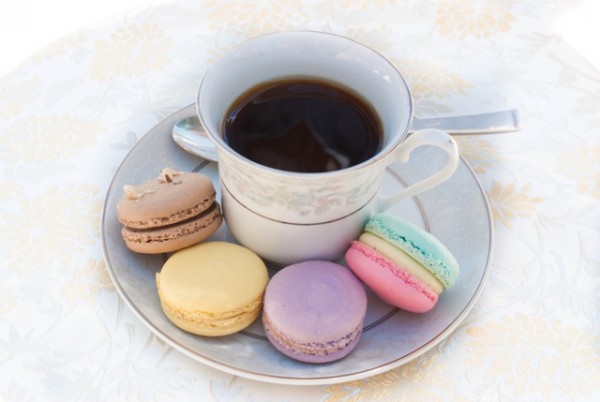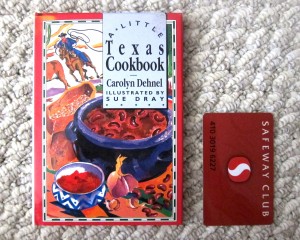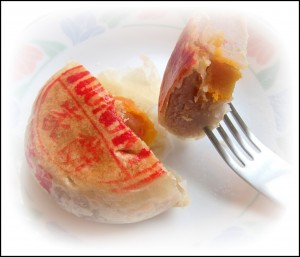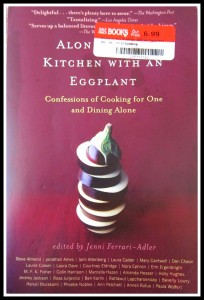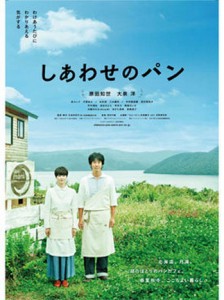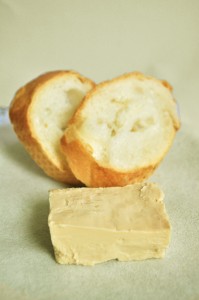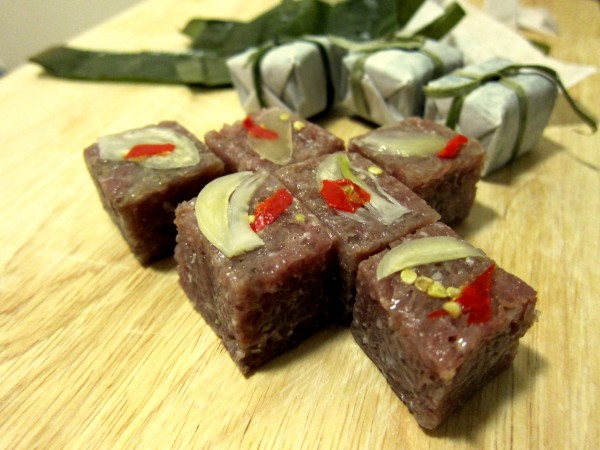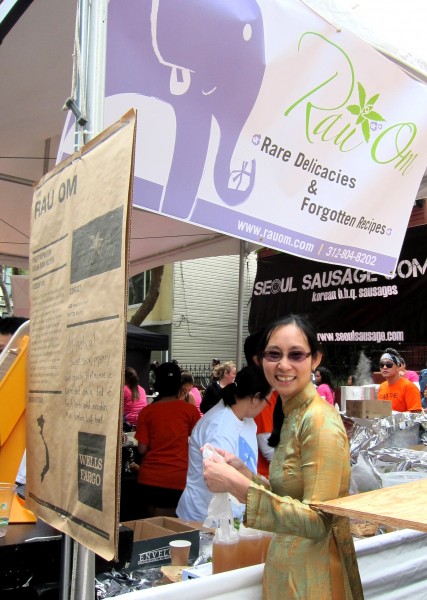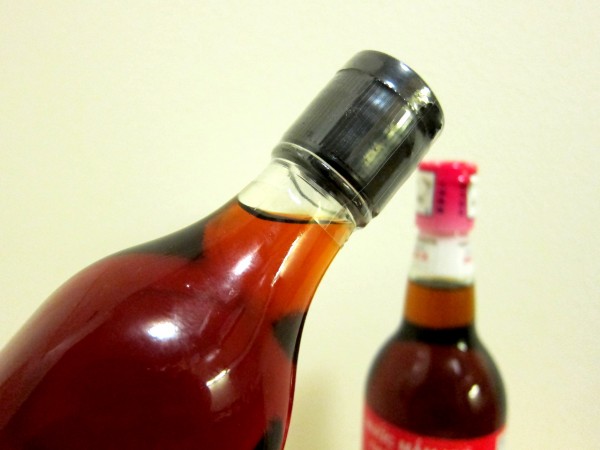Did you know that the koala, the pickiest eater on Earth, has a brain so small that “doesn’t even begin to fill up its skull”? The variety of one’s diet correlates with the size of one’s brain. Whether the reason might be the low nutrition (which makes it more economical to shrink your brain and conserve energy) or the simplicity of a diet that requires no thinking (when you see the food world as eucalyptus and non-eucalyptus, what to have for lunch is not a very big question), the koala’s brain would have been a lot more developed had it been an omnivore. (Whether being smart is better than sleeping 20 hours a day is a different question.)
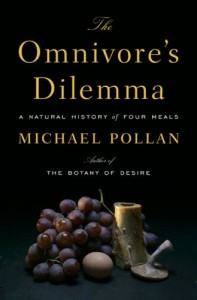
The Omnivore’s Dilemma is about choice. This theme I did not quite grasp when I read the first part (Industrial – Corn) a year ago (or maybe longer, when you grow old everything seems like just yesterday). I was on the plane flying back to San Francisco, reading this monumental Michael Pollan book and discussing with a Chilean guy across the aisle about negligent governments, undereducated denizens and public apathy. What does that have to do with food? It actually has everything to do with food. The meat, eggs, cereals and virtually anything you buy from a grocery store are produced with corn in one form or another, thanks to government subsidies, big corporations, our desire for “cheap” abundance, and sadly, overzealous science.
The humans, omnivores with brain circuitry so complex to devise ways to modify corn into everything, have managed to reduce themselves to monoculture eaters, which, if you look at it objectively enough, is not all that different from the koala. The depressing part about it is that for a city dweller, you actually have very little choice in what you eat. You can’t escape from eating something that is detrimental to both your body and the whole ecosystem, or at least that’s what the first part of the book, Industrial – Corn, led me to think.
